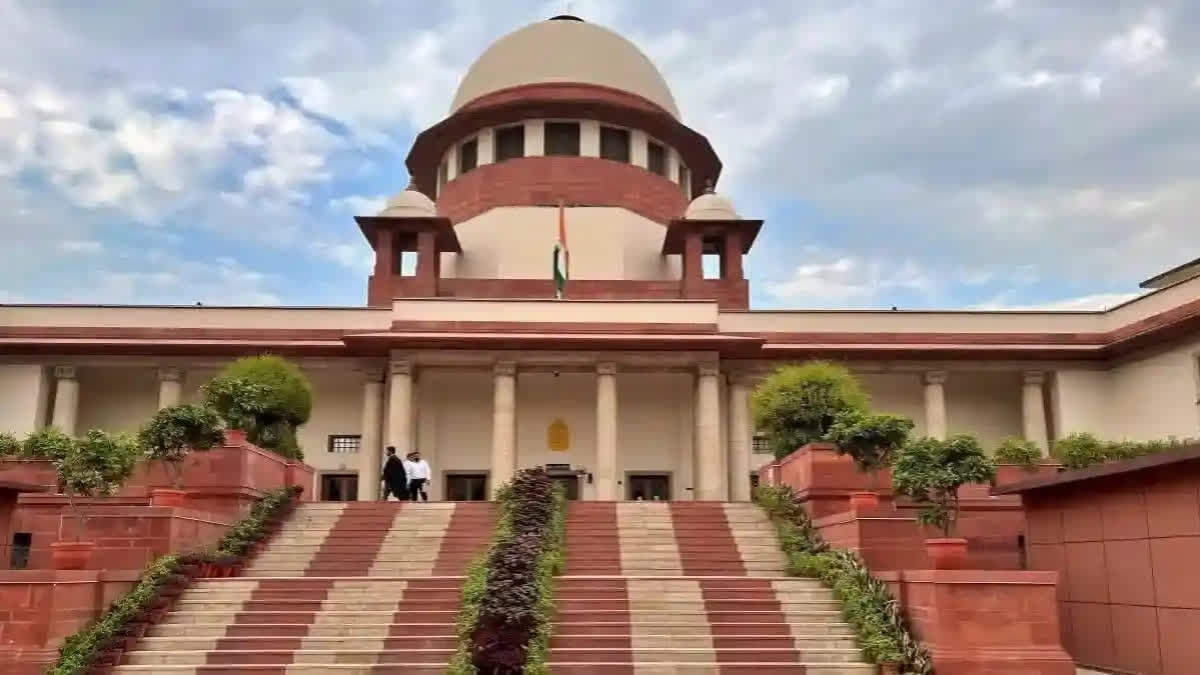New Delhi:The Supreme Court on Tuesday stayed the Calcutta High Court order, which cancelled the appointment of over 25,000 teachers and non-teaching staff, in state-run and state-aided schools of West Bengal, and allowed the Central Bureau of Investigation (CBI) to continue with its investigation into the scam but restrained the central agency from taking any coercive against candidates or officials.
A three-judge bench led by Chief Justice of India D Y Chandrachud and comprising Justices J B Pardiwala and Manoj Misra noted that the issue, which would merit closer analyses is whether the appointment of the teachers’ suffers from taint can be segregated, if such segregation is possible then it would be wrong to set aside the entirety of the process.
The bench added that the court should also be mindful that a large number of teachers would be affected, and assuming that such a segregation is possible, this court has to set out the modalities to determine the segregation.
The bench said it is willing to continue the ad interim protection given to the candidates, subject to the express stipulation that any person found to have been appointed illegally and continued as a consequence of the present order shall refund the salary. The top court directed the CBI to continue with its investigation, which was ordered by the High Court in clauses 7 and 8 of its operative part but no coercive action should be taken.
During the hearing, the apex court observed that the authorities in West Bengal were duty-bound to maintain the digitised records pertaining to the appointment of over 25,000 teachers and non-teaching staff, while terming the alleged recruitment scam in the state as "systemic fraud".
The apex court shot a volley of tough questions at the West Bengal government. The top court was hearing a batch of petitions challenging the Calcutta High Court's decision that cancelled the appointment of over 25,000 teachers and non-teaching staff in state-run and state-aided schools of West Bengal.
The bench asked the state government why it created supernumerary posts and hired wait-listed candidates when the selection process itself had been challenged in court.
The CJI queried the counsel, representing the West Bengal government, "The public job is so scarce.... Nothing remains if the faith of the public goes. This is systemic fraud".
He stressed that public jobs are extremely scarce today and are looked at for social mobility. “What remains in the system if their appointments are also maligned? People will lose faith….how do you countenance this?" asked the CJI.
